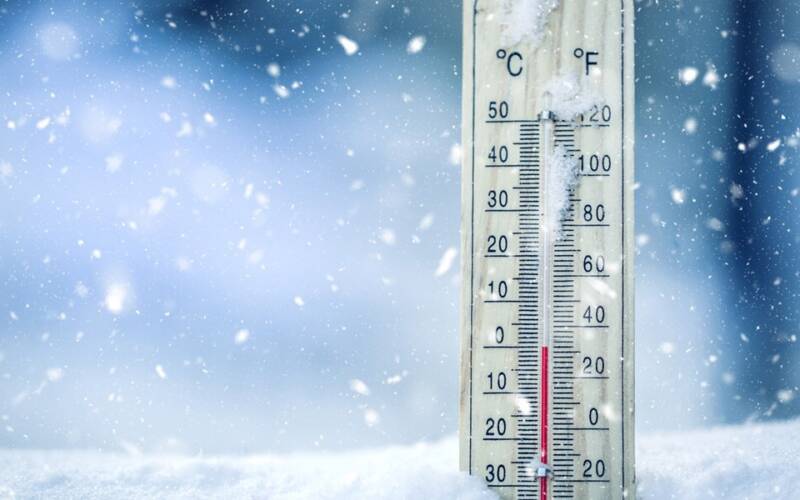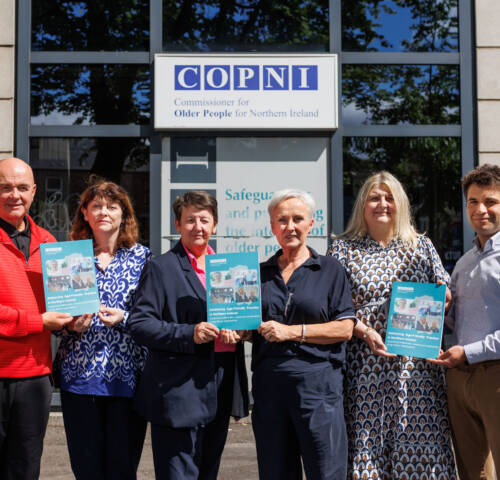The Commissioner for Older People has issued a call urging Older People to take extra care during the cold weather in the coming days and has called on people to check on their older relatives, friends and neighbours.
Warnings have also been issued by the Executive regarding the disruption from the industrial strike action this Thursday which will impact on roads and health services.
The Commissioner for Older People, Eddie Lynch said: “Cold weather can seriously impact our health and is even more dangerous for those who have existing health conditions like respiratory conditions or cardiovascular diseases, which affect many older people. It is estimated that 21.5% of excess winter deaths are attributed to cold housing and amidst a cost-of-living crisis which is impacting on thousands of older people, there will be many of those who are reluctant to put their heating on because they simply cannot afford it.
“This is understandably really worrying for older people who find themselves in this position. I would encourage people to reach out for advice and support and ensure they stay warm by wearing layers, having frequent warm drinks and heating just one room in their home. If you have an older relative or neighbour please look out for them and make sure they are safe, warm and well.
“There is lots of advice and support available online and if you don’t know where to turn, you can call my advocacy team on 028 90890 892”
Warnings issued by the Executive Office regarding impacts of industrial strike action which older people should be mindful of are:
- Winter gritting service will be severely impacted and road users are being asked to think carefully about the need to travel. There will be no bus or train services.
- The Department of Health believes that the disruption to services will be on a scale not experienced from previous industrial action and has asked the public to take all sensible steps to reduce the chances of requiring health service treatment on the day.
- Also impacted planned and unplanned (urgent/emergency) hospital services, community services such as day centres, district nursing and domiciliary care as well as ambulance cover.
- Repair of serious infrastructure defects such as manhole collapse or potholes; Prioritisation of assistance to those incidents with most impact to life and property;
- Response and clear-up operation when there are incidents on the road such as oil spills or unexpected debris;
- Drainage infrastructure clearing and cleansing;
- A significant reduction in our capacity to respond to flood emergencies;
- Significant delays in responding to calls to the flood incident line.
However, please note, if you need emergency hospital care on the day, you must seek it immediately.




